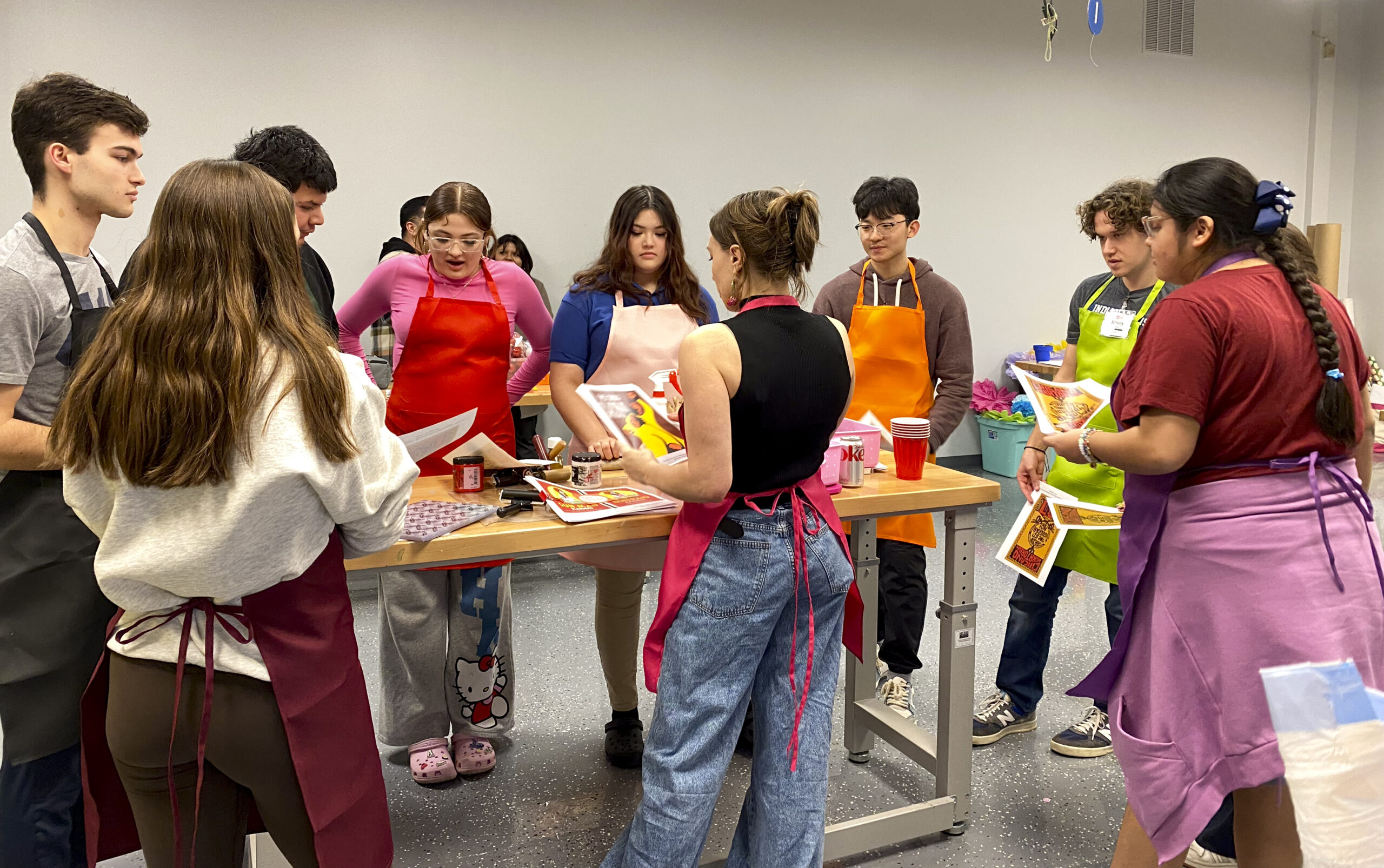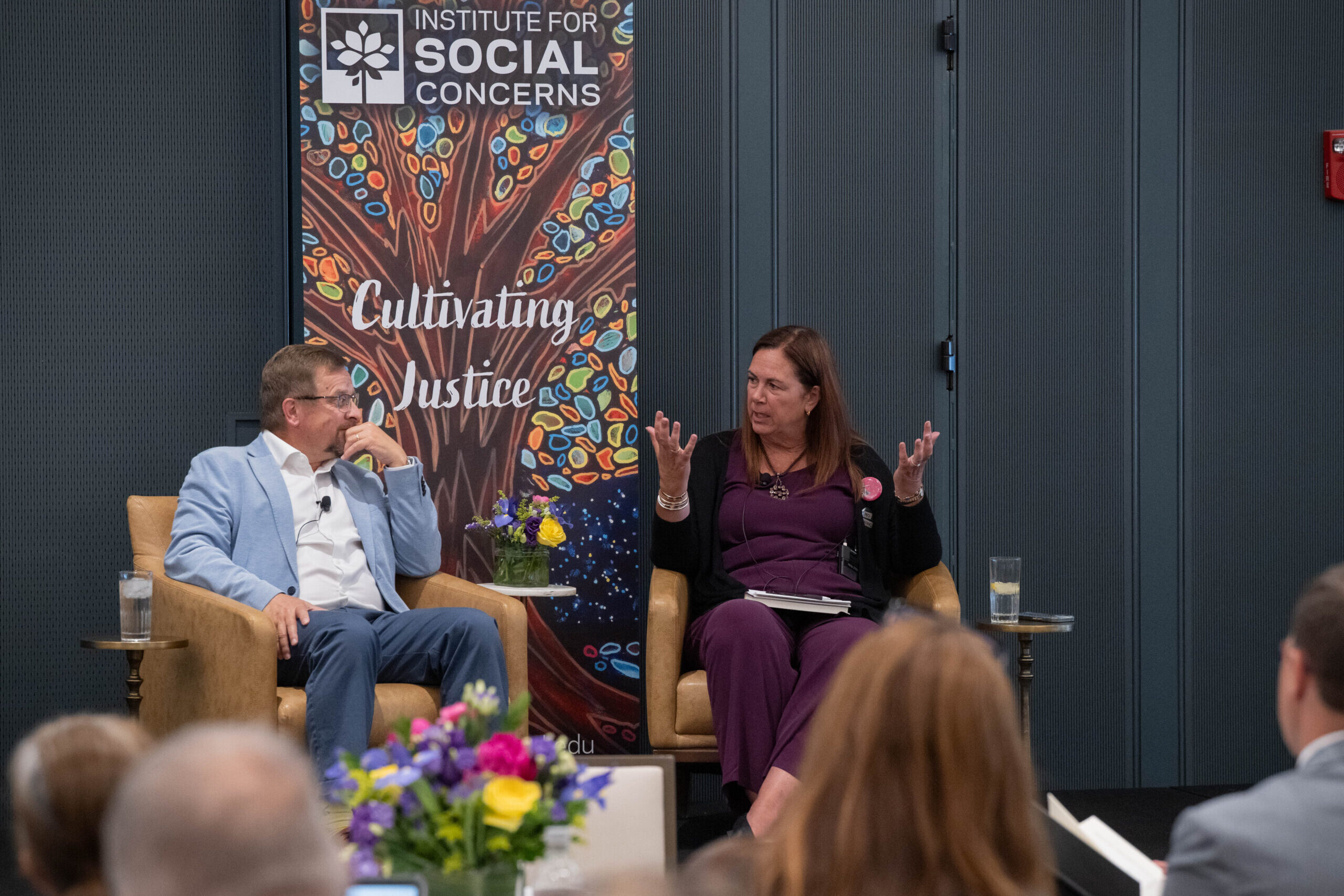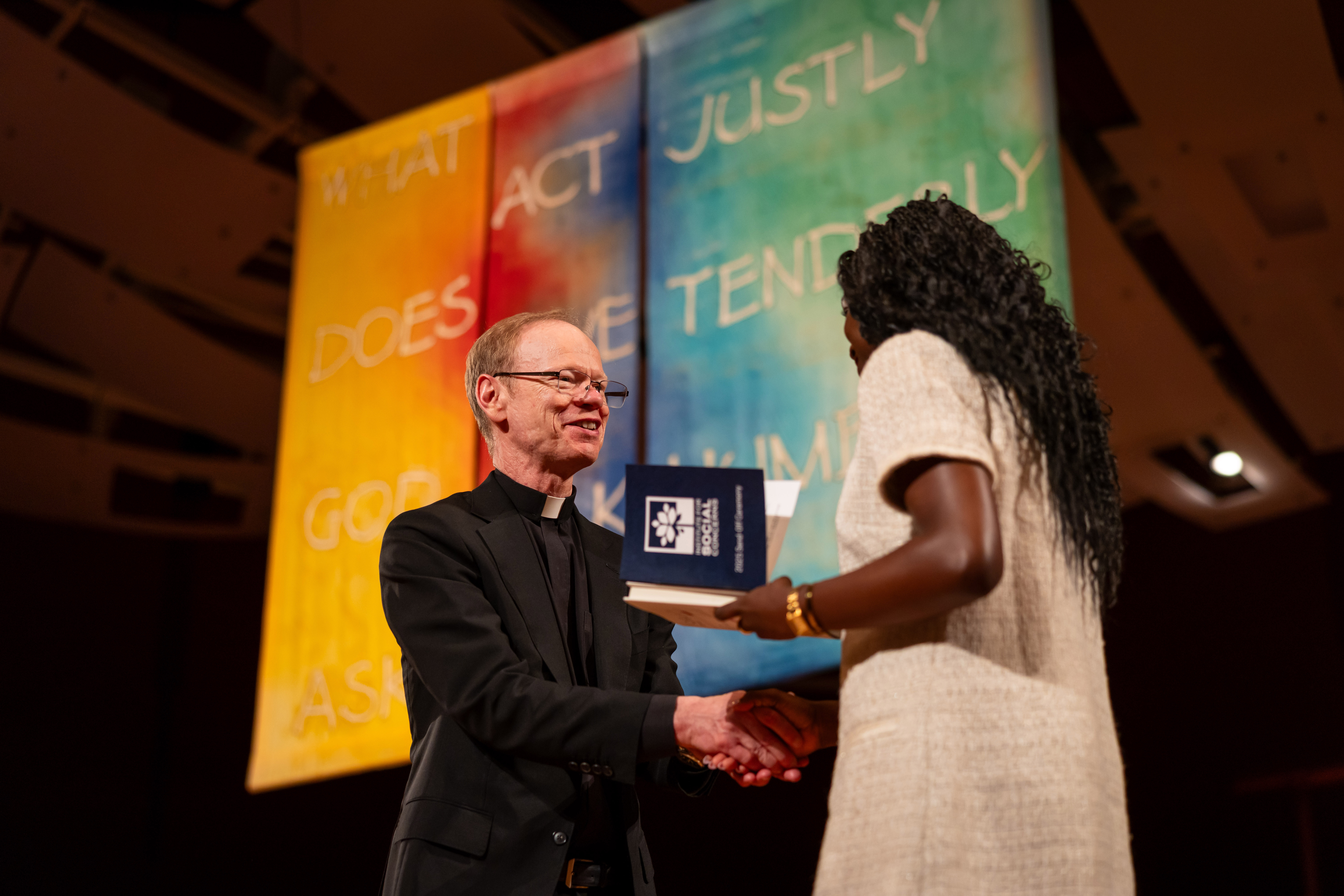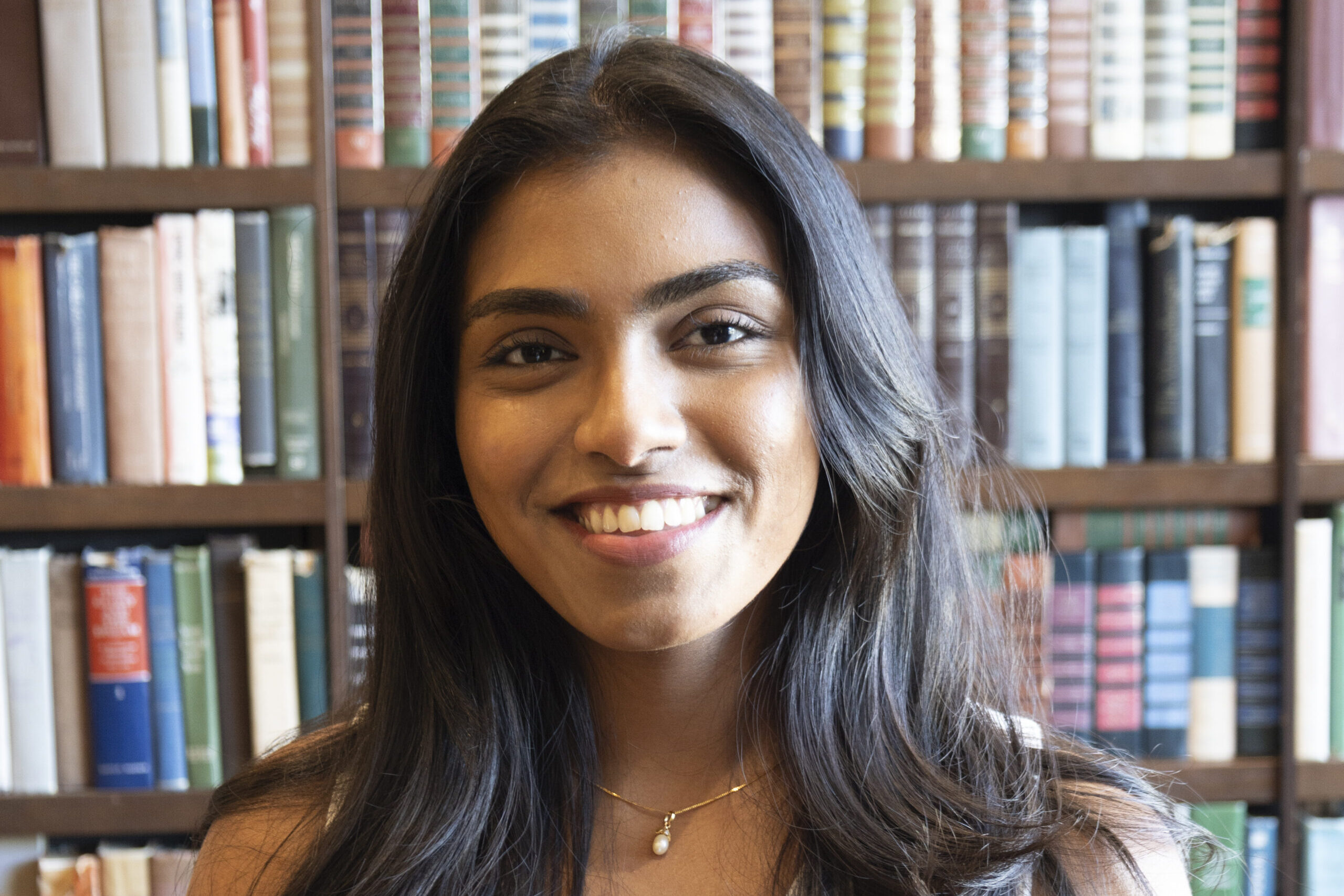Exploring big philosophical questions — from religion to justice to frisbee
September 25, 2023
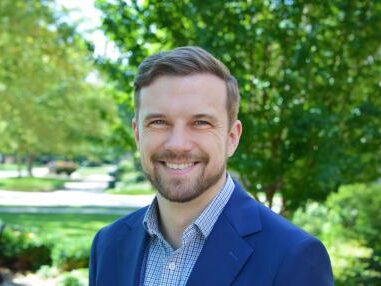
Growing up, Wes Siscoe always had a lot of questions — about God, faith, morality, and the best way to store a frisbee.
As a master’s student, his passion for ultimate frisbee inspired him to invent a carry-all for the sport, The Hucket, that raised more than $13,000 of investment on Kickstarter and ended up being used by semi-pro teams throughout the country.
It was the deeper questions, though, that have taken him all over the world, and eventually brought him to Notre Dame.
“I was always bugging my mom with all of these abstract questions,” he said with a laugh. “She wasn’t surprised when I decided to major in philosophy.”
Siscoe’s academic career has taken him (and his miniature dachshund, Bella) to Arizona, Illinois, Rhode Island, New Jersey, Indiana, Florida, and Germany. Along the way, he converted to Catholicism.
Siscoe’s scholarly work has appeared in leading philosophy journals such as Mind, Philosophical Studies, Philosophers’ Imprint, and the Australasian Journal of Philosophy. He is a pedagogy contributor at the Blog of the American Philosophical Association, the Daily Nous, Philosophy, Ethics, and Academia, and The Philosopher’s Cocoon.
His popular pieces, published by the Prindle Institute for Ethics at DePauw University, are intended to help high school and college students grasp the moral complexities and challenges raised by the most pressing issues facing society.
Why pivot toward scholarship for a more general audience, as he has done with the Prindle Institute?
“There is obviously a lot you can accomplish in the ivory tower, and that’s part of why I decided to get a Ph.D. in the first place. It allowed me to consider philosophical questions with a depth and rigor I would not have been able to reach on my own,” he said. “At the same time, what the academy accomplishes and discovers ultimately affects society, and so it has been great to have the opportunity to take some of what I’m learning and share it with a more general audience.”
Siscoe received his Ph.D. in philosophy at the University of Arizona in 2020 and joined the Institute for Social Concerns as a postdoctoral fellow last fall. He has also been a postdoctoral fellow at the University of Cologne’s Center for Contemporary Epistemology and the Kantian Tradition, and a dean’s postdoctoral fellow at Florida State University.
He had a previous stint at Notre Dame, in 2019-20, as the Mellon Course Design Coordinator for the Philosophy as a Way of Life Project.
One of the reasons Siscoe feels at home at Notre Dame is that he converted to Catholicism in 2016, while he was a graduate student at the University of Arizona.
“There were lots of things that went into that,” he said, “but the questions I was asking about faith and ethics led me to a place where I thought that the Catholic faith represented the best way to think about God and Christianity.”
As a postdoctoral fellow at the Institute for Social Concerns, he works on Virtues & Vocations — a national forum for scholars and practitioners across disciplines to consider how best to cultivate character in pre-professional and professional education. The initiative, supported by the Kern Family Foundation, organizes faculty workshops and monthly webinars, and engages issues of character, professional identity, and moral purpose through its publications.
Siscoe assists with the faculty workshops and conferences and conducts scholarly research on pedagogical techniques designed to inculcate moral virtue. His role in the workshops involves coaching faculty through the process of creating virtue-centered courses, and those courses have been established at more than 25 colleges and universities with his help.
What has been most striking to him about Virtues & Vocations is how it has fostered such a high level of interdisciplinary collaboration among faculty from different fields.
“We’ll have faculty in law, psychology, business, political science, sociology, education, and medicine all working together to think about how to help students grow in the virtues,” he said. “There are few, if any other places that this would be a possibility, and it’s one of the things I appreciate most about my work at the center.”
In addition, his work at the center has encouraged him to think about how academic theory can be put into practice to further the cause of justice. Early on in his academic journey, his interest in pedagogy and service led him to Teach for America, which placed him as a math teacher in a Mississippi high school.
“Academic philosophy is very theoretical, which has its virtues since it helps you consider things in an abstract way,” Siscoe said.
“Like when I worked with Teach for America, being at the Institute for Social Concerns has helped me to develop more of the practical ways that thinking about justice can impact the community,” he added. “The center has so many great programs, and the work they are doing puts a lot of the academic theory to work as far as what it looks like to concretely strive for a more just society.”
Related Stories
-
Summer of Social Concerns—students engage in justice research around the globe
-
Printmaking history—the institute partners with community to celebrate South Bend’s Latino heritage
-
Forming character through friendship—Virtues & Vocations conference promotes human flourishing in professional education
-
Go be justice—Sending off graduates to work for the common good
-
ReSearching for the Common Good: O. Amandhi Mathews


